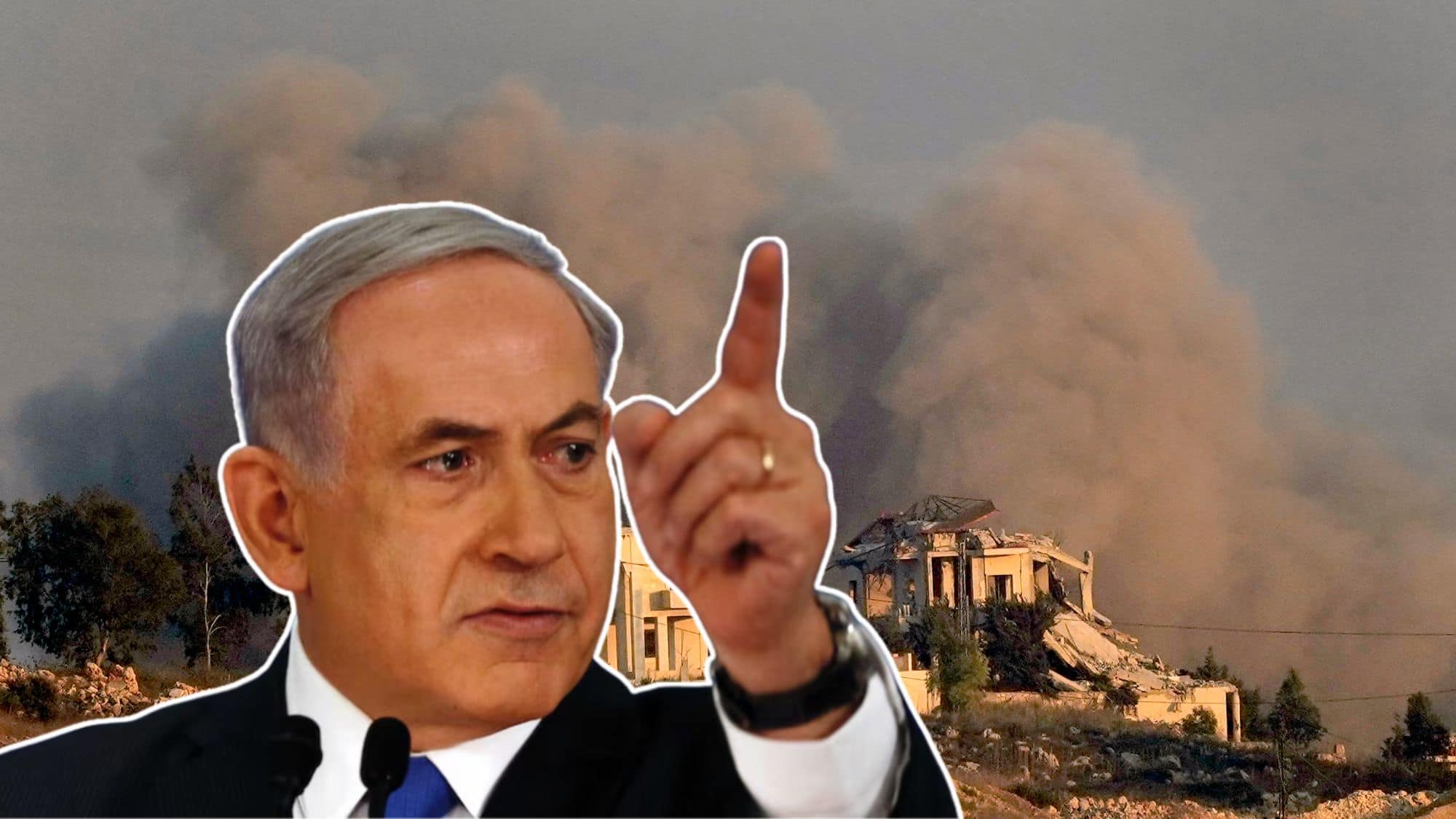Current Situation in Lebanon: Israel’s Stance Against Hezbollah
In a significant escalation of tensions in the Middle East, two senior Israeli ministers from Prime Minister Benjamin Netanyahu’s coalition government have firmly rejected calls for a ceasefire in Lebanon. The ministers advocate for the ongoing military operations against Hezbollah, a group backed by Iran, amid reports of heavy casualties and mass displacements caused by Israeli air strikes. These strikes have reportedly resulted in hundreds of deaths and forced thousands to flee their homes.
Rejection of Ceasefire Proposal
This week, various international players, including the United States, the European Union, and several Arab nations, proposed a temporary 21-day ceasefire to alleviate the humanitarian crisis in the region. However, Prime Minister Netanyahu has ignored this proposal, instructing Israeli forces to persist in their military campaign against Hezbollah.
The situation remains dire, with Netanyahu’s decision reflecting a broader strategy aimed at countering Hezbollah’s influence in Lebanon. This refusal to consider a ceasefire raises concerns about the potential for prolonged conflict and further humanitarian suffering.
Government’s Unyielding Position
Israeli officials have been vocal about their disinterest in responding to international pressures for a ceasefire. A statement from Netanyahu’s office confirmed, “This is a US and French proposal, to which the prime minister has not even responded,” emphasizing his commitment to continue military operations until Hezbollah is decisively defeated.
Key Ministers Opposing Ceasefire
The rejection of the ceasefire proposal was echoed by prominent members of the Israeli cabinet, including Foreign Minister Israel Katz and Finance Minister Bezalel Smotrich. Smotrich asserted that the only viable path forward is to intensify the fight against Hezbollah, insisting that allowing a ceasefire would give the militant group time to regroup.
End Goals of the Conflict
Smotrich further articulated the government’s objectives, stating, “The operation in the north must end with one result: crushing Hezbollah and eliminating its ability to harm the residents of the north.” He emphatically declared that the only acceptable outcomes are either the surrender of Hezbollah or the continuation of hostilities, underscoring the urgency of restoring security to northern Israel.
Continuing Military Operations
Foreign Minister Israel Katz reiterated the government’s stance on the conflict by declaring unequivocally, “There will be no ceasefire in the north.” He emphasized that the Israeli military would continue its operations against Hezbollah until a decisive victory is achieved and displaced residents can safely return to their homes.
The implications of an ongoing military campaign may further complicate an already fragile humanitarian situation in Lebanon, as civilians bear the brunt of escalating violence.












